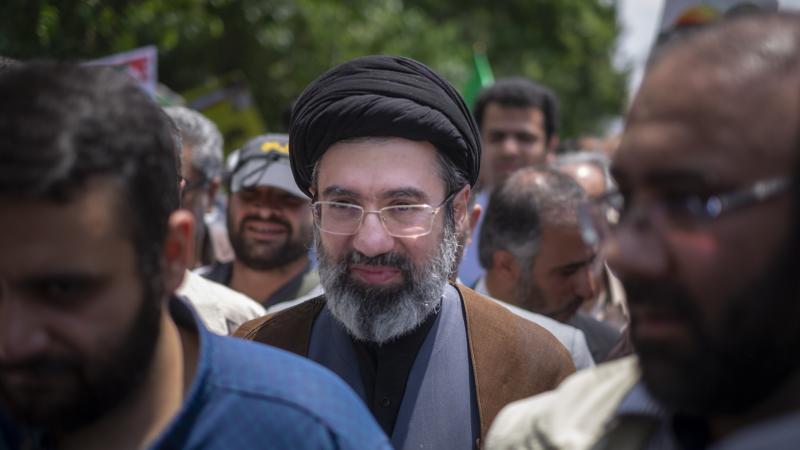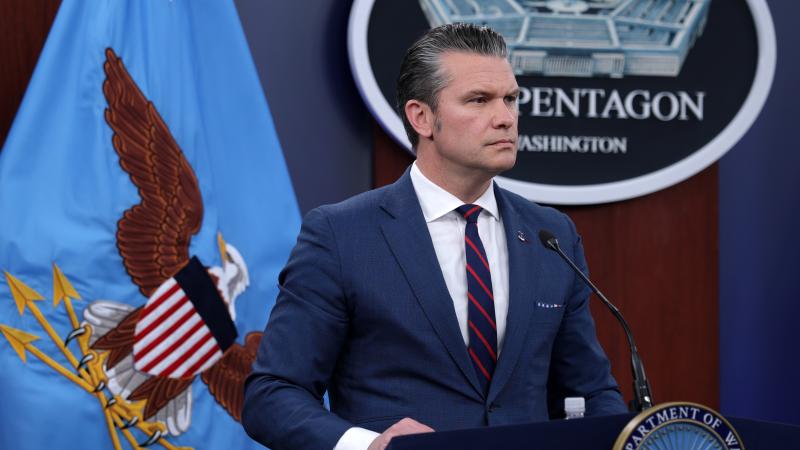Abraham Accords' lasting impact may be eventual peace between Israel and Saudis: ex-ambassador
Benjamin Netanyahu, elected this week to his sixth term as prime minister of Israel, has said his goal is to open relations with Saudi Arabia.
The lasting breakthrough from the Abraham Accords could eventually be peace between Israel and Saudi Arabia, according to Ron Dermer, who served as Israel's ambassador to the U.S. from 2013 to 2021.
If the Biden administration walks away from the "disastrous" proposed Iran nuclear deal, "it will also help advance peace," Dermer told the John Solomon Reports podcast.
If the Biden administration stands against the demands of Iran — the enemy of both Israel and Saudi Arabia — it will allow the nations to come together under U.S. leadership and "continue the remarkable breakthrough that we had with the Abraham Accords and actually get a peace between Israel and Saudi Arabia," Dermer said. "That would be a bulwark of stability for the whole region."
The Abraham Accords, mediated under then-President Donald Trump, were a series of normalization agreements signed in September 2020 between Israel, Bahrain and the United Arab Emirates. Morocco and Sudan signed similar agreements at a later time.
Israel and Saudi Arabia quietly share intelligence with each other even though they do not have fully normalized relations. The two countries have had clandestine cooperation for decades, coming together more in recent years after finding common enemies, including the Iran-backed Hezbollah terrorist group and Houthi insurgents.
Benjamin Netanyahu's election this week to his sixth term as prime minister of Israel poses "possible challenges for Israel's ability to expand its growing relations with the Arab world," wrote The Atlantic Council's Daniel Shapiro, as Netanyahu's coalition government is set to feature 14 members of the nationalist Religious Zionist Party.
"Far-right members of the coalition, like the Religious Zionist party's Bezalel Smotrich and Itamar Ben-Gvir, whose popularity has risen in parallel with a wave of Palestinian terrorist attacks, do not prioritize expanding Israel's relations with Arab states," said Shapiro, former U.S. Ambassador to Israel under the Obama administration.
Netanyahu said during a CNN interview before the election that the religious right will not be a liability as he is in charge of the coalition's policy.
He said late last month that his goal is relations with Saudi Arabia.
"I think the big prize is peace with Saudi Arabia, which I intend to achieve if I go back into office," Netanyahu told Israel Hayom. "And I think there's a chance I will achieve it, because I think Saudi Arabia and many of the other Arab countries who haven't yet made peace with us know that I'm absolutely committed to preventing Iran from having nuclear weapons, which is something that they are keenly interested in."















